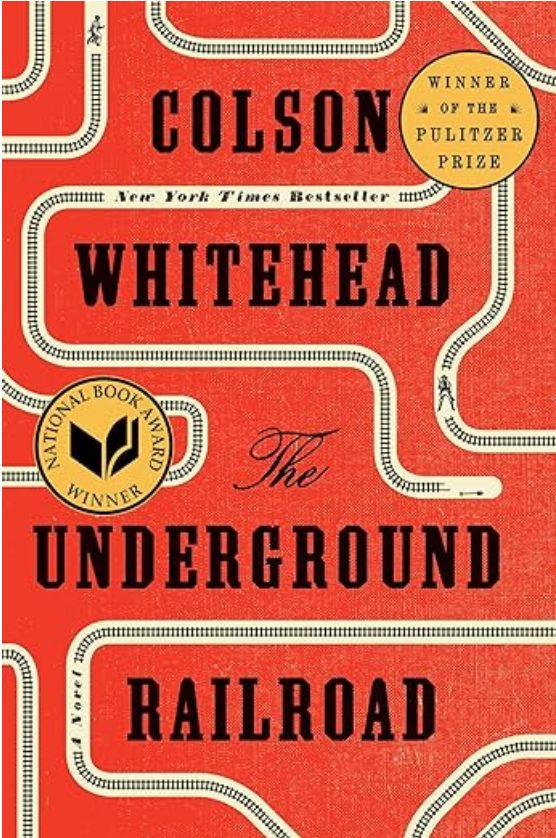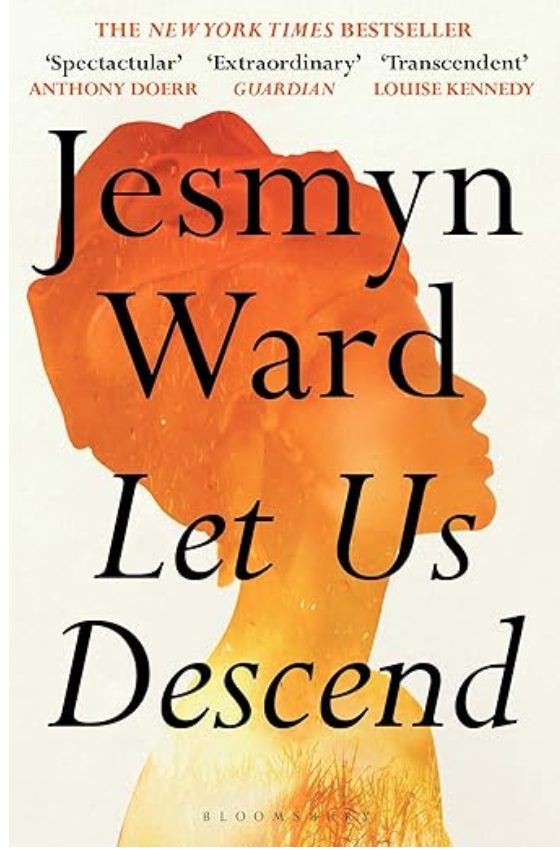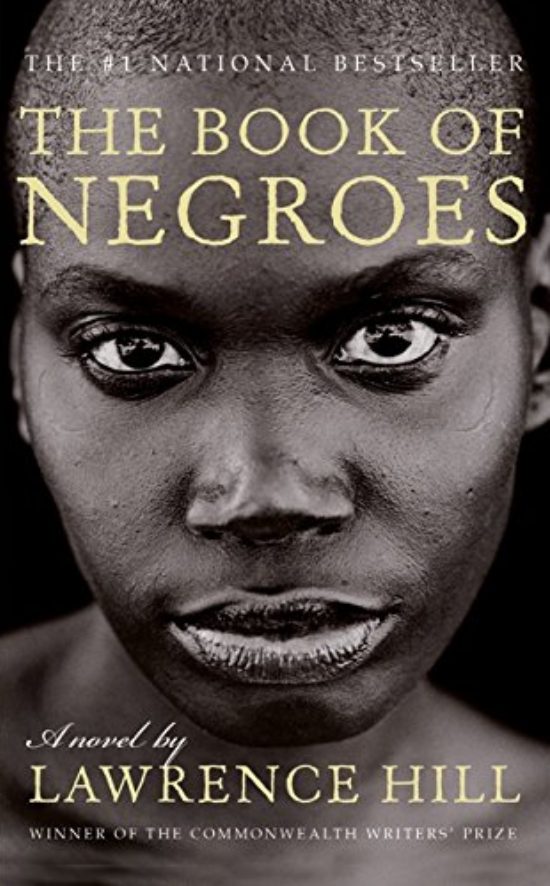I was inspired to write this article after finishing a novel that explores the theme of the Atlantic slave trade. The book itself didn’t entirely win me over, but it sparked a reflection on how rarely we truly confront this unspeakable and shameful chapter of our history. It’s unsettling to realize how little attention is paid to this topic, especially compared to other tragic events that are commemorated, widely studied, and publicly remembered.
The novel that triggered this reflection is Let Us Descend by Jesmyn Ward. She is an exceptional writer, with a style that is both lyrical and profound—often reminiscent of Toni Morrison. In this novel, the author powerfully portrays the suffering of enslaved women. However, I found the final part somewhat repetitive: the long dialogues with ancestral spirits became excessive and, at times, redundant. Still, the book raises important questions and offers thought-provoking insights.
In exploring more works on the subject, I focused on African American authors, whose voices offer a perspective from within, both authentic and deeply personal.
One such voice is Harriet A. Jacobs, who in her Incidents in the Life of a Slave Girl shares her firsthand experience as an enslaved woman. Published in 1861, it remains one of the few surviving accounts by a woman who lived through slavery, making it a crucial and rare document.
There is another former slave, Frederick Douglass, who became a fervent reformer when he was liberated. He wrote Narrative of the life of Frederick Douglas, a poignant autobiography, which is at the same time a treatise on abolition.
More recent, but already a contemporary classic, is The Underground Railroad by Colson Whitehead, winner of the Pulitzer Prize and adapted into a television series. The novel follows two slaves escaping through what was known as the Underground Railroad—a real network of secret routes and safe houses. Whitehead reimagines it as a literal, physical railroad, crafting a narrative that is both poetic and harrowing. In my opinion, it’s his most accomplished work.



Another unforgettable book is The Book of Night Women by Jamaican author Marlon James. Set on a colonial-era plantation, it tells the story of a group of enslaved women who form a secret resistance organization. The central character is a powerful figure of rebellion and dignity. The novel’s language—written in a mix of English and Jamaican patois—adds a unique and raw texture to the story. It’s a challenging read, but one that leaves a lasting impact.
Well worth reading among the books on the Atlantic Slave Trade is The Book of Negroes by Lawrence Hill. It tells the story of Aminata Diallo, a woman from Mali who is captured and sold into slavery, transported across the Atlantic, and eventually manages to free herself and return to Africa. The book’s title, which includes the “N,” word, sparked controversy, but Hill explains that it refers to a real historical document—The Book of Negroes—a registry of Black Loyalists evacuated from the United States after the American Revolution. The novel is beautifully written and deeply moving.
Finally, I must end with what I believe is the most powerful and essential book on the subject: Beloved by the legendary Toni Morrison. A masterpiece inspired by the true story of Margaret Garner—a woman who escaped slavery in Ohio—Beloved is a haunting and poetic exploration of trauma, memory, and maternal love. Morrison, a Nobel Laureate, transformed historical memory into the highest form of literature. If you haven’t read it yet, now is the time. I still remember the wave of emotions I felt while reading it—pain, injustice, tenderness—all conveyed through Morrison’s unique voice. How much we miss her.
Why read books on the Atlantic Slave Trade
Reflecting on slavery is a duty and a political and moral necessity. Reading books on the Atlantic Slave Trade means giving voice back to those who were silenced. It means remembering, so that history is not erased. It means building and maintaining collective memory. And, as readers, this is the deepest and most respectful way we can choose not to forget.
Claudia Landini
Cover photo by Destiny Photography on Unsplash licence


